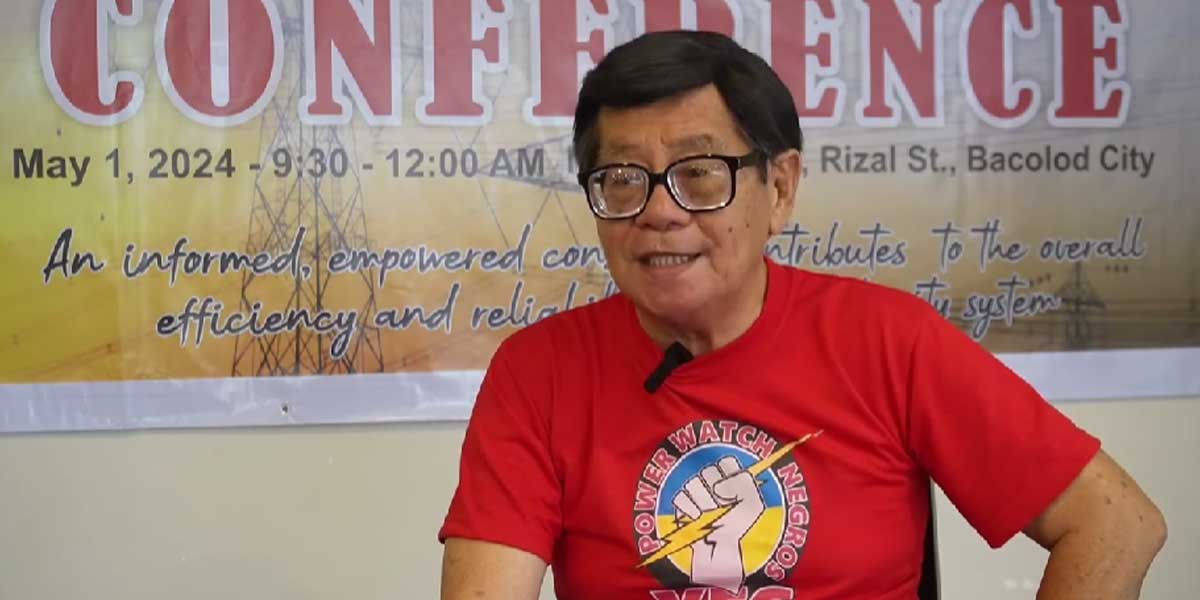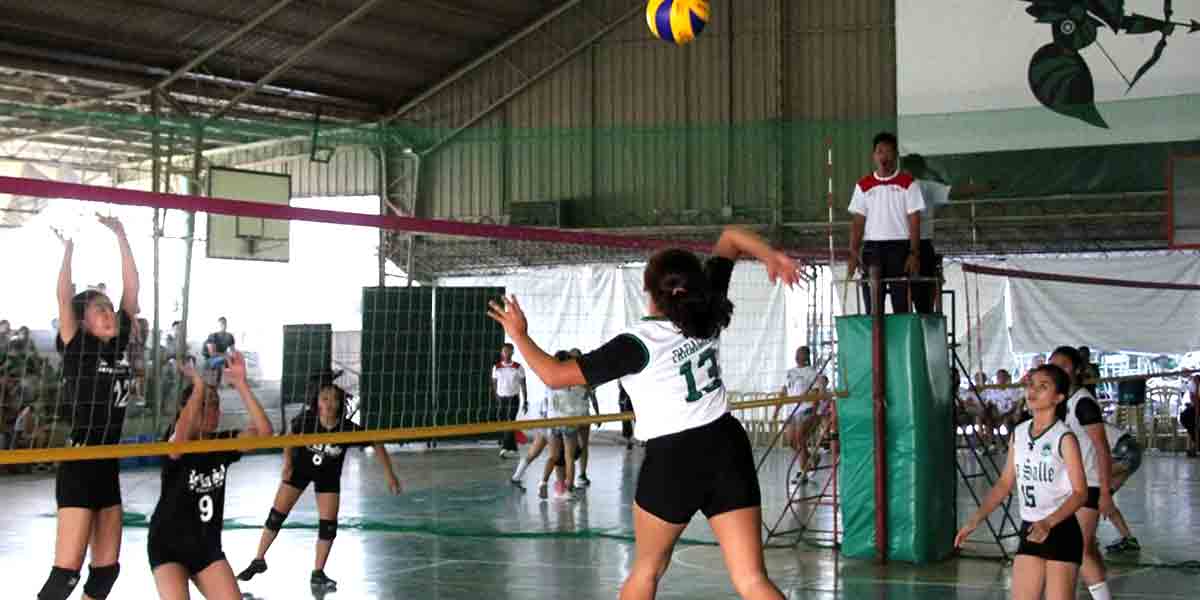By Herman M. Lagon
When we think of classrooms, they often evoke memories of laughter, friendships, and intellectual discovery. But there’s another, darker facet emerging in education that challenges the traditional roles of students and teachers alike: gaslighting. Though frequently associated with romantic relationships, gaslighting—a form of manipulation that makes someone doubt their reality—has infiltrated classrooms, disrupting school culture and placing educators in a psychological tug-of-war with their students.
In Filipino classrooms, gaslighting can take various forms, often subtle yet unsettling. A teacher may reprimand a student for using a mobile phone during class, only to have the student deny it vehemently, supported by peers who insist, “Wala naman, Ma’am, si Juan talaga ’di nagphone.” Similarly, a teacher might notice several students whispering and exchanging notes, but when confronted, the students collectively claim they were discussing assignments. These incidents may seem trivial, but they can make teachers question their perception and doubt their authority. Over time, especially for teachers new to the profession or working in a contractual capacity, this behavior can create a lingering sense of insecurity, gradually eroding confidence and control in the classroom.
What makes gaslighting in classrooms unique is its inherent inversion of power. Traditionally, teachers hold authority, but students who band together can quickly reshape this dynamic, using collective denial to manipulate classroom interactions. It’s not just about challenging the teacher’s authority; it’s a direct attempt to distort their reality. This psychological tension chips away at the integrity of the learning environment and subtly erodes the trust essential to effective teaching and learning.
The concept of truth is central to education, yet gaslighting attempts to bend this truth, leaving teachers struggling to maintain credibility and authority. In environments where teachers feel consistently challenged by manipulative behavior, the risk of burnout intensifies. A recent study in the Journal of Educational Psychology underscores this point, finding that teachers facing regular challenges to their authority reported significantly higher stress levels and a diminished sense of professional fulfillment. This trend suggests that the impact of gaslighting goes beyond individual classrooms, threatening the broader school culture by undermining trust between students and educators.
Gaslighting also exposes a flaw in conventional classroom management. Traditional techniques, such as setting clear rules or enforcing consequences, may not be sufficient when dealing with calculated manipulation. Teachers confronted with gaslighting behaviors need strategies that go beyond routine discipline. For instance, documenting incidents, maintaining composure, and enlisting support from colleagues can be crucial, especially in settings where students see manipulation as a viable tool to shift accountability. When faced with manipulative tactics, teachers can reinforce an environment of openness by consistently addressing such behavior calmly and without anger, highlighting the value of honesty and transparency.
One might wonder: why would students engage in gaslighting? Often, these behaviors are not inherently malicious but emerge as coping mechanisms or power plays in response to perceived strict authority or a lack of control. In an educational landscape that increasingly emphasizes student agency and critical thinking, students may interpret such values in ways that challenge their teachers. Here lies the need for educators to foster emotional intelligence and critical reflection among students, helping them see that collaboration and respect are more powerful tools than manipulation.
In some instances, teachers, especially those working in resource-challenged schools, may feel unsupported when they confront gaslighting behaviors. The communal denial of a witnessed incident might not only leave teachers isolated but could also embolden students to repeat such actions if they see that it undermines authority without consequence. For administrators, acknowledging these patterns and equipping teachers with psychological and administrative support is vital. For example, establishing a protocol where teachers can report and receive guidance on handling manipulative behaviors can go a long way in preventing burnout and creating a supportive teaching environment.
A shift in school culture might be one of the most effective ways to combat gaslighting in classrooms. Promoting values like accountability, empathy, and mutual respect can encourage students to recognize the long-term harm of manipulative tactics. Through open discussions, students can learn the value of trust, understanding that manipulating others’ perceptions can have lasting repercussions not only for teachers but for their relationships with peers and authority figures beyond school. For students and teachers alike, fostering a culture that values truth can serve as a buffer against the erosion of trust.
The Ignatian concept of cura personalis—caring for the whole person—holds valuable insights here. Applying it in the educational context means encouraging an environment where every student and teacher’s integrity is respected. Teachers are not only instructors but individuals deserving of respect and support, and students, too, benefit from learning in a space where truth and compassion are foundational. When both students and teachers understand the importance of mutual respect, gaslighting becomes less effective and, ultimately, less prevalent.
But no strategy is foolproof, and teachers may sometimes find themselves in situations where gaslighting persists despite their best efforts. In these cases, self-care and emotional resilience are paramount. Educators facing repeated manipulative behaviors may benefit from professional development that includes resilience training and access to mental health resources. Supportive communities within schools, where teachers can share experiences and strategies, can also alleviate the sense of isolation that gaslighting often brings.
Ultimately, gaslighting in classrooms represents a broader societal challenge. It highlights the need for education systems that not only impart knowledge but also cultivate values such as empathy, integrity, and respect for truth. By addressing these behaviors openly, both teachers and students can work toward an environment where psychological manipulation holds no power over truth and trust. In classrooms built on honesty and respect, students and teachers alike can focus on learning in a supportive and nurturing space.
In an era that values critical thinking and self-expression, students and teachers must remember that these virtues lose their meaning when used as tools for manipulation. As schools increasingly prioritize mental health and emotional resilience, they have a unique opportunity to redefine school culture in a way that rejects manipulation and values mutual respect. In classrooms where truth is honored, every individual can find their voice without silencing another’s.
***
Doc H fondly describes himself as a ”student of and for life” who, like many others, aspires to a life-giving and why-driven world grounded in social justice and the pursuit of happiness. His views do not necessarily reflect those of the institutions he is employed or connected with.






















